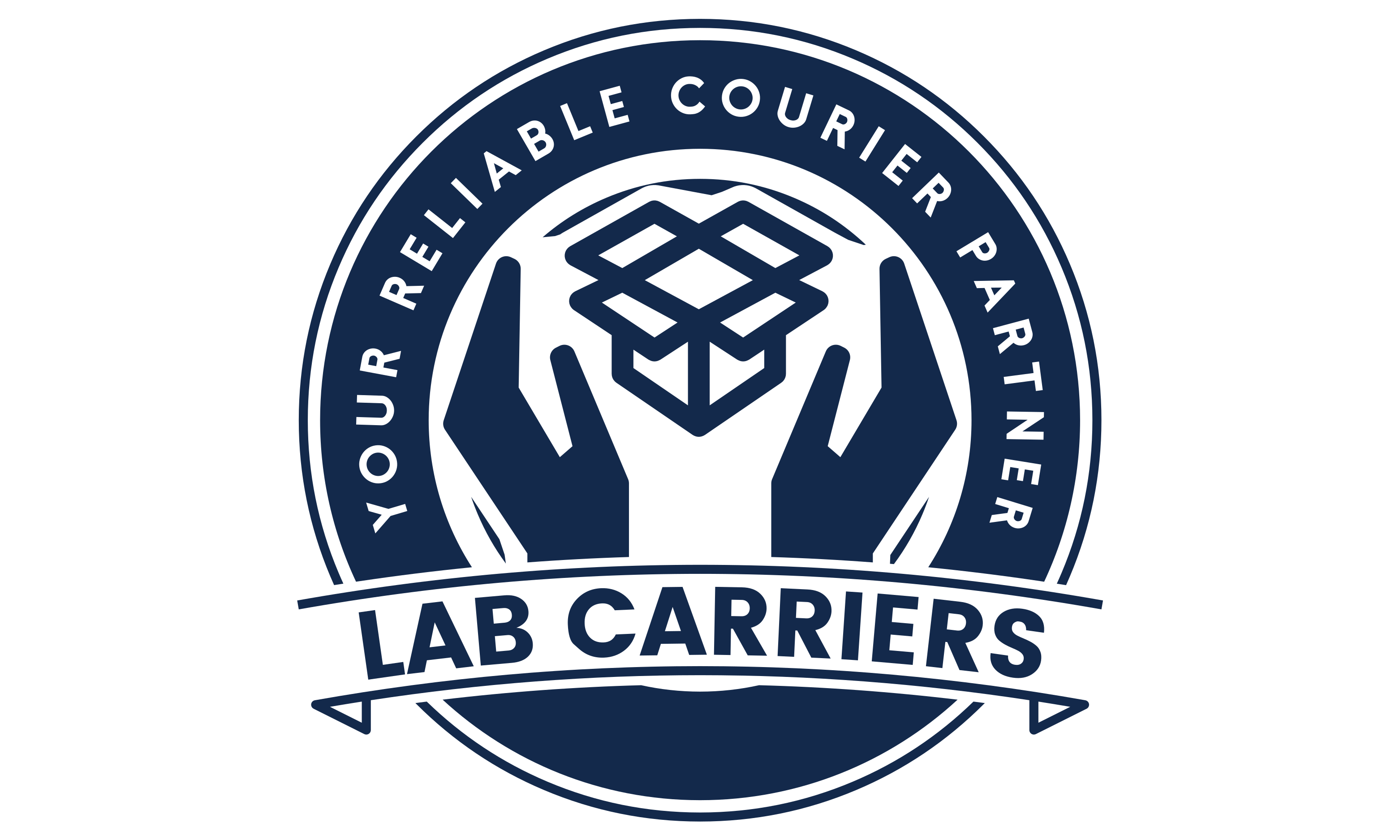TCV commonly stands for “Temperature Controlled Vehicle.” A Temperature Controlled Vehicle is a type of vehicle or transportation method equipped to maintain a specific temperature range for transporting goods that require temperature-sensitive conditions. These vehicles are often used in the transportation of perishable goods such as pharmaceuticals, food, or other items that need to be kept at a controlled temperature to ensure their quality and safety.
Temperature controlled vehicles typically have refrigeration or heating systems to regulate the internal temperature and may be referred to as reefers (refrigerated trucks) or heated trucks, depending on their purpose. This type of transportation is crucial for industries where maintaining a specific temperature is essential to preserve the integrity of the transported goods.
At Lab Carriers All medical specimen transports including organ & tissue shipments, diagnostic tests and infectious specimens are transported in temperature-controlled containers by certified drivers and delivered on-demand
-
Pharmaceutical Delivery Service
Pharmaceutical delivery refers to the transportation and distribution of pharmaceutical products, medications, and related healthcare supplies from manufacturers or wholesalers to various points within the pharmaceutical supply chain,…
4 min read
-
Lab Carriers – Healthcare Logistics
Healthcare logistics, also known as healthcare supply chain management, is the process of planning, implementing, and controlling the flow of healthcare-related resources, materials, and information from the point…
4 min read
-
Lab Carriers : How to Handle Dry Ice ?
Handling dry ice, which is the solid form of carbon dioxide (CO2), requires caution and adherence to safety guidelines because it presents unique hazards due to its extremely…
4 min read
-
what is UN3373 and How to handle it ?
UN3373 is a code used to classify and label biological substances for transport. Specifically, UN3373 refers to “Biological Substance, Category B.” This classification is part of the United…
4 min read
-
What is Lab Logistics ?
Lab logistics, also known as laboratory logistics, refers to the management and coordination of various logistical aspects within a laboratory or research facility. It involves the organization, transportation,…
4 min read
-
Lab Carriers – Medical Equipment Delivery
What is a Medical Equipment Delivery ? Medical equipment delivery involves the transportation of various medical devices, instruments, and equipment from one location to another, typically within the…
4 min read
